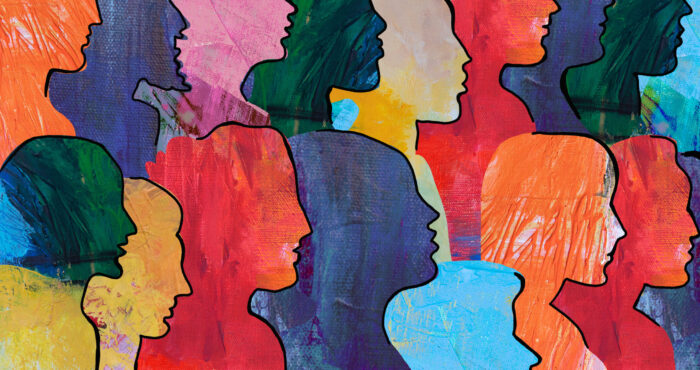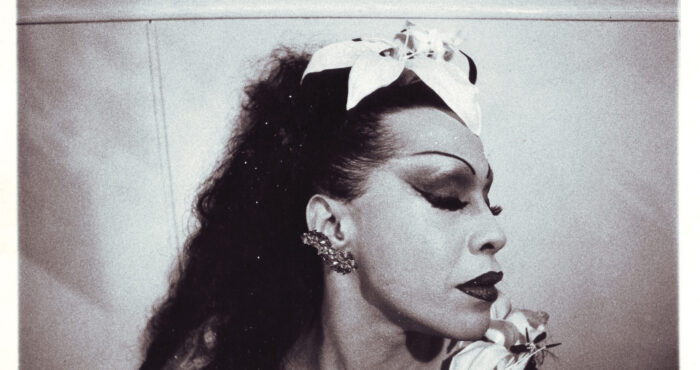SFAF staff pivot to COVID-19 response

In late spring and early summer this year, more than 20 of our staff members stepped up to join San Francisco’s COVID-19 disaster response–training and then beginning case investigation, contact tracing, isolation and quarantine support, and outreach in single room occupancy (SRO) hotels.
“It’s important for staff from community-based organizations, like San Francisco AIDS Foundation, to be involved as disaster service workers alongside the San Francisco Department of Public Health,” said Jeremy Zondlo, who normally leads our clinical assistant training program, and is now managing SFAF’s COVID-19 response teams. “Our community engagement staff, our HIV test counselors, our lobby services staff–they know how to talk to people about a positive diagnosis, they know how to build trust with clients and participants, and they have the right kinds of skills to be able to do this type of work.”
The model of outreach and engagement used by the San Francisco Department of Public Health in response to COVID-19 is built on what they’ve learned over nearly four decades responding to the HIV epidemic, said Zondlo. “People want to get tested in their community, and then be connected to relatable, trustworthy counselors or support staff who can help people navigate aspects of care and disclosure. It’s so inspiring to see all the ways that our staff can pivot to help people who have already tested positive for COVID-19 and people who may have been exposed,” he said.
Our staff are engaged in four different areas of COVID-19 disaster response: case investigation, contact tracing, isolation and quarantine support, and SRO outreach.
Staff doing case investigation connect with people who have tested positive for COVID-19 to find out more about how they may have contracted the virus, the history of their illness, and who else may have been exposed to the virus. Case investigators also disclose positive test results (if they haven’t already been informed), counsel people on quarantining best practices, review symptoms, ensure people are connected to care, and connect people to supportive services.
Contact tracing staff reach out to people who have had close contact with someone diagnosed with COVID-19, to encourage testing and self-quarantining. Staff assigned to isolation and quarantine support connect with people who have tested positive to inquire about and help fulfill any needs related to medicine, cleaning supplies, food, and other essentials. These staff are also able to secure hotel rooms for people who live with others and aren’t able to quarantine safely.
“Our staff who have been re-assigned to this work have made the transition gracefully and with a lot of commitment,” said Joshua O’Neal, director of sexual health services. “It can be jarring to learn an entirely new job, especially working from home. But everyone has been so positive about it, and really stepped up to learn these new critical roles that are benefiting San Francisco’s response to COVID-19.”
Gabriella Sandor, who started the Strut clinical assistant training program this year, was quickly transitioned from work in the clinic to doing COVID-19 case investigation. Although the new role is completely different from what typically happens as part of the training program at Strut, Sandor said that there are parallels and that it feels gratifying to be part of San Francisco’s COVID-19 response.
“A large part of our training as clinical assistants was learning how to disclose HIV test results,” said Sandor. And in this new role, we do end up disclosing COVID-19 test results to some people, and responding to their questions and concerns. It’s a tough conversation to have, but I do feel equipped with the tools and training to be doing this.”
Because COVID-19 has disproportionately affected the Latinx community–about 50% of cases are among Latinx and Hispanic residents–Spanish-speaking staff have proved essential.
Aureliano Davila-Valente, who transitioned from our clinical assistant training program to COVID-19 case investigation, said that they have been connected to many monolingual Spanish-speakers who have tested positive for COVID-19.
“I’m one of the people who can provide Spanish-language case investigation,” said Davila-Valente. “It’s really opened my eyes to a lot of needs in the community. I’m speaking with people who don’t have stable housing, or who are living in crowded living situations that make it difficult to follow social isolation guidelines. They may be working in jobs that don’t have good workplace protections–they aren’t provided masks or other personal protective equipment at work, or can’t take time off if they have symptoms. It’s difficult, but it’s good to be able to offer financial assistance, food, a place to quarantine and other resources doing this work.”
“The community members we connect with–many who are immigrants or monolingual Spanish-speakers–are ready and eager to speak with someone who can answer their questions,” said Luis Valazquez, a clinical assistant now doing COVID-19 case investigation. “We’re able to speak with people, in their language, and dispel rumors and clarify misinformation.”
Our Latino Programs staff, led by Jorge Zepeda, LCSW, are also conducting contact tracing interviews, case investigation, testing results disclosure, and prevention awareness as part of integrated care teams working in San Francisco SROs.
There have been COVID-19 outbreaks in SRO hotels, said Zepeda, because people often live in close quarters and share common areas with other residents. Reaching monolingual Spanish-speaking residents, with the necessary language skills and cultural/social understanding, is critical to building trust and assessing needs related to COVID-19 testing, treatment, and containment.
“It’s heartbreaking that communities that have less are affected the most,” said Zepeda. “It’s painful. I want to know how COVID-19 is impacting our communities. And I want to convert my pain, frustration and anger into meaningful and mindful action. My conscience tells me that this is something we need to do.”









